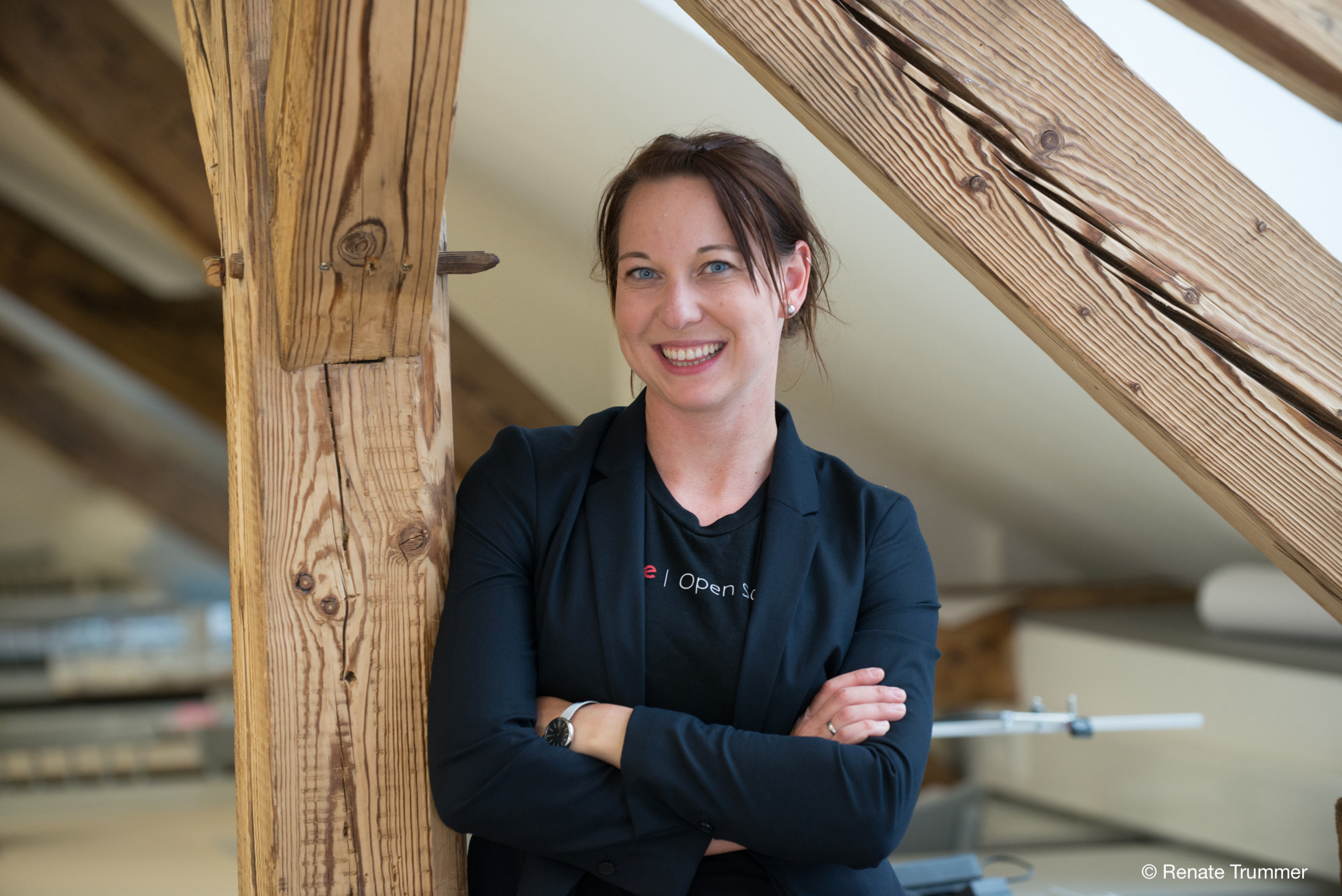Born in Deutschlandsberg, Austria • Birth year 1988 • Studied Information Management and eHealth at Graz University of Applied Science in Graz, Austria • Highest Degree PhD in Engineering Sciences from Graz University of Technology in Graz, Austria • Lives in Zurich, Switzerland • Occupation Professor in Computing Skills in Education, Zurich University of Teacher Education, Switzerland
Since February 2021, I have been at the Zurich University of Teacher Education (PHZH, Switzerland) as a professor for “Computing Skills in Education”. This professorship is located at two centres: the Centre for “Media Education and Informatics” and the Centre for “Education and Digital Transformation.” Previously, I was the Head of the Department of Informatics Didactics and a visiting professor (W2) at the Institute for Mathematics and Applied Informatics at the University of Hildesheim (Germany). I received my PhD in 2018 from the Institute of Software Technology at Graz University of Technology (TU Graz, Austria). At TU Graz, I worked first as a project assistant in the H2020 project “No One Left Behind“, and later as a postdoctoral researcher. I completed my dissertation on the topic “Development and Evaluation of Concepts and Tools to Reinforce Gender Equality by Engaging Female Teenagers in Coding”. For my thesis, I focused on the conception of a framework for a more gender equal classroom setting for inclusive computer science activities. This so-called “Playing, Engagement, Creativity, Creating” (PECC) framework suggests inclusive activities during different stages, considers the gender dimension in different intrinsic and extrinsic motivators, and shows how all students can benefit equally from them. It puts an emphasis on how to foster intrinsic motivators like pupils’ sense of belonging to computing fields, to generate interest for this area, to improve pupils’ self-efficiency towards computing, and finally, to bring fun elements to the classroom. Second, I developed different apps to engage girls in game design, e.g., “Luna&Cat” and Embroidery Designer.
(…) The focus in education is changing; it is less about imparting knowledge and more about enabling competence acquisition that is independent, reflective, and cooperative.
With its multitude of facets, computer science (CS) offers many exciting topics for children and young people. Girls in particular often do not have the opportunity to take an interest in such topics, or are quickly depreciated as a target group. For future generations, it is crucial not merely to use these technologies, but to understand and apply them. At the same time, the focus in education is changing; it is less about imparting knowledge and more about enabling competence acquisition that is independent, reflective, and cooperative. Education in a culture of digitality ensures the participation of all learners with their different prerequisites and equal opportunities. This requires the promotion of digital competences in a level-appropriate delivery (from school to teacher education to vocational training).
At the PHZH, I have the opportunity to reach teachers as multipliers in training and education. Various concepts such as game design, Maker-Education, or playful CS with quizzes and analogue activities enhance both inspiration and motivation. Furthermore, it is essential to dispel misconceptions that computer science is “not creative” or “too difficult”. Playing and creating games on smartphones are both popular activities for the new generation of digital natives, and therefore are a perfect match for the development of creativity, problem solving, logical thinking, system design, and collaboration skills. Particularly in my current project “Making at School“, we show exciting possibilities for interdisciplinary project work in various Maker activities. Making as a method for free experimentation, exploration, or (digital) tinkering enables new learning formats for education. Thus, Making facilitates open learning spaces with problem-solving tasks, interdisciplinary connections, and transversal competencies. For instance, technical understanding, creativity, craft skills, or concepts of sustainability and entrepreneurship are promoted.
In order to significantly influence future developments in CS didactics, I am involved in various expert groups. For example, as a product owner in the Catrobat Association, I am responsible for the development of apps to support children and young people in learning programming, as a member of the Swiss steering committee of the Informatics Beaver team, we create informatics riddles for the annual Bebras competition, as a member of the steering committee of digital switzerland (education and skilled workforce), we support the next generation of STEM students, and finally, I am a member of the working group for the curriculum development for informatics at the high school/secondary level.
The number of women in [computer science] is still very low, but there are promising ways to encourage and support more women to be deeply interested in [computer science] (…).
In my research, I address the aforementioned issues of equal opportunities in education, and highlight the importance of CS didactics within the context of education. Thereby my aim in this is to ensure greater diversity in technology. In my research, it is particularly important to empirically verify a positive effect on pupils. The extracurricular level should not be underestimated either. Since I have been offering courses specifically for girls in game design and programming for years, it was always a great wish to establish our own programming club in Zurich. With the help of the Manava-Foundation, we were able to realise our idea in March 2022 and proceeded to found the CoetryLab. From Summer 2022, we offer informatics and media courses for children and young people aged 10-20. This is intended to effectively support children in these subjects precisely where their needs are greatest.
By researching new concepts and standards in the field of gender-sensitive CS education and training, I hope to seek out and implement improvements in CS curricula, different CS-topics and to support girls and female adolescents in particular to gain CS skills. The number of women in CS is still very low, but there are promising ways to encourage and support more women to be deeply interested in CS and I am confident that gender-conscious pedagogy, especially in areas of CS education, is particularly useful and necessary!



Recent Comments